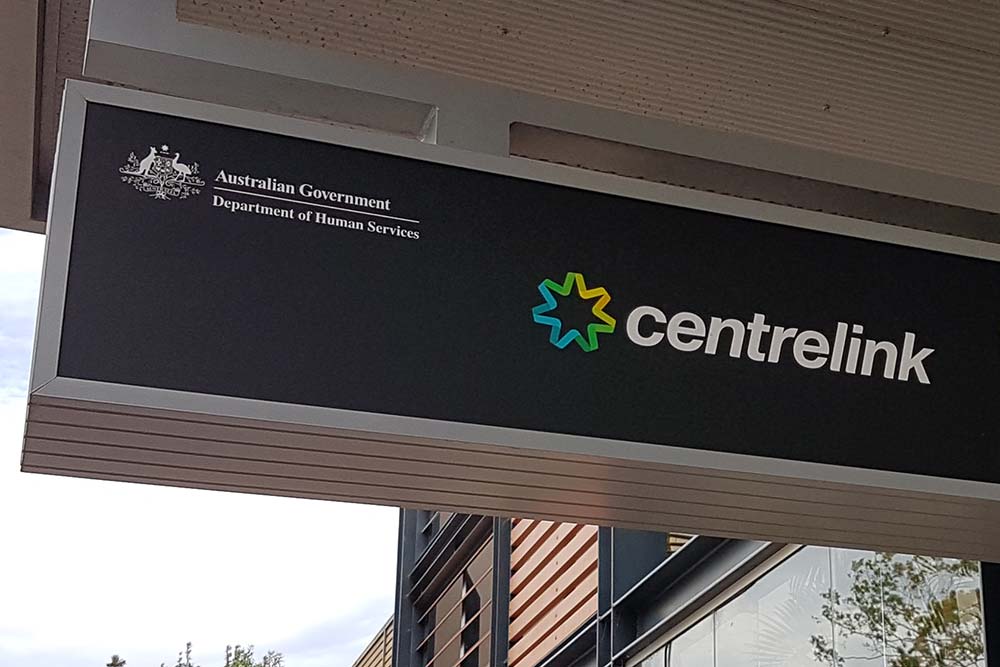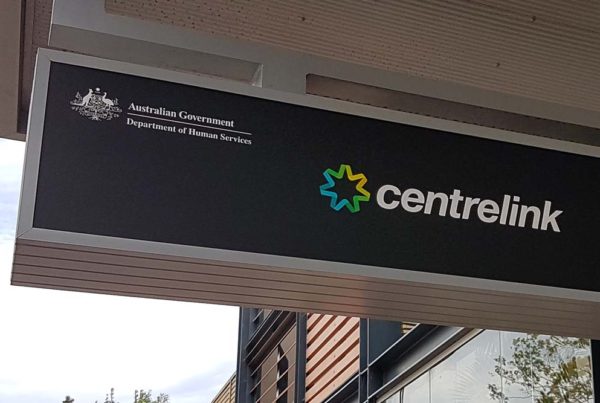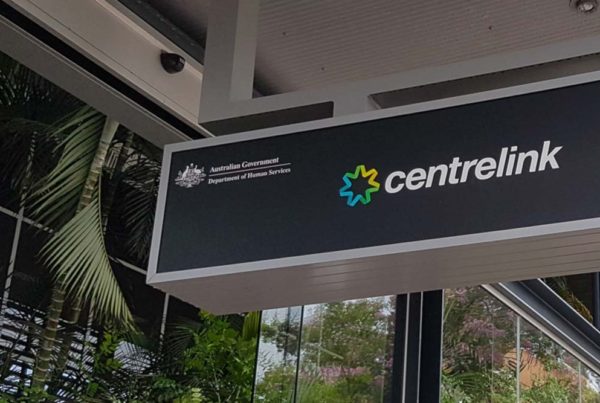
Image: GovNews
The federal government’s Online Compliance Intervention (OCI) was intended to be the government’s showpiece initiative. It was intended to demonstrate the government’s determination to rigorously pursue welfare debt recovery, while at the same time drive administrative savings through modern use of digital technologies.
Instead, it turned into a system that was beset by problems, and became a public relations nightmare, with its own twitter handle ‘#RoboDebt’.
How could it have all gone so wrong? The Federal Ombudsman’s report provides some clarity, and some timely lessons for all government managers.
Lesson 1: Driving change at scale presents new challenges
Data matching has been successfully used in the Department of Human Services (DHS) for many years. The Ombudsman found the underlying system is sound. In addition, the Ombudsman found “it is entirely reasonable and appropriate for DHS to ask customers to explain discrepancies following its data matching”.
A variant of this system had been working successfully since 2004. Previously, the debt recovery process only focused on 20,000 of the highest risk discrepancies per year. In the past, the DHS was unable to investigate the remaining discrepancies, due to the costs and resources involved in manually investigating and raising debts.
The scale of the OCI project is significantly larger than the previous debt-raising and recovery processes. The DHS estimates it will undertake approximately 783,000 interventions in 2016-2017 compared to approximately 20,000 compliance interventions per year under the previous manual process.
However, the increased scale creates new problems.
Lesson 2: Cost shifting is not the same as cost efficiency
To deal with the massive increase in scale, DHS introduced a number of efficiency measures:
- DHS will no longer use its own information gathering powers for requests to third parties, such as employers and banks. Under the new system, it is now the customer’s responsibility to gather this information and provide it to the department
- The system now automatically sends letters to customers to tell them about a possible income discrepancy, and requires customers to take some action to explain the discrepancy, otherwise action will automatically be taken
- Much of the debt management and calculation process occurs online
- Customers are now required to enter their information directly into the OCI system.
In reality, these changes did not create cost efficiencies, but instead shifted the costs to the customer. The act of cost shifting created many unintended consequences.
These changes shifted the onus onto the customer to prove their innocence. If the information was not readily available, it was the customer who had to contact former employers, and sometimes they had to pay bank fees to assemble savings account information. Customers were also required to use the online system. However, not all welfare recipients feel comfortable using a computer and there was little provision made for manually helping customers with the online system.
The OCI project created significant consequential load on the Centrelink telephone enquiry system and this exacerbated customer frustrations.
Internal staff training was put under strain due to the significant increase in more complex enquires and requests for assistance in navigating the online process.
Lesson 3: The role of a Public Service Department is to deliver a public service
Delivering a service to the public is simple in concept, but deceptively difficult in its practical implementation.
It is understandable that the DHS was tightly focused on debt recovery. However, the DHS also has a clear responsibility to those clients who had done the right thing. It was not sufficient to have robust procedures in place to encourage clients to pay. A public service department also needs to devote just as much attention to ensuring clients are informed of their rights and are supported in exercising those rights.
In the Ombudsman’s view, the risk of over-recovering debts from social security recipients and the potential impact it may have on this relatively vulnerable group of people, warrants closer consideration by the DHS.
The Ombudsman recommended the DHS test a sizeable sample of debts already raised by the system. The DHS should re-evaluate where the risk for debts calculated on incomplete information should properly lie, and investigate whether there are better ways to mitigate that risk.
Lesson 4: Consult, consult, consult
Seasoned project managers will clearly understand the risks to any government initiative if there is insufficient consultation or if that consultation is undertaken too late. The sheer scale of this project and the potential political sensitivities should have sent alarm bells ringing at the DHS.
The Ombudsman was clear in his comments about the damage caused through lack of consultation:
“In our view, the project management team failed to ensure that key external stakeholders were effectively consulted during key planning stages. It also failed to effectively communicate with stakeholders after the full rollout of the OCI [Online Compliance Initiative] in September 2016, resulting in confusion and inaccuracy in public statements made by key non-government organisation stakeholders, journalists and individuals. Proper communication with key NGO stakeholders, … could have ensured that better information about the OCI was more effectively communicated.”
The OCI project could have been a significant success story for government, particularly in the way it used digital services to drive savings for government and the community.
Instead, it became a high-profile problem project, and this was largely of the government’s own making.
Kevin Noonan is Ovum’s global lead analyst for the government sector.
ABOUT OVUM
Ovum is a leading global technology research and advisory firm. Through its 180 analysts worldwide it offers expert analysis and strategic insight across the IT, telecoms, and media industries. Founded in 1985, Ovum has one of the most experienced analyst teams in the industry and is a respected source of guidance for technology business leaders, CIOs, vendors, service providers, and regulators looking for comprehensive, accurate, and insightful market data, research, and consulting.
With 23 offices across six continents, Ovum offers a truly global perspective on technology and media markets and provides thousands of clients with insight including workflow tools, forecasts, surveys, market assessments, technology audits, and opinion. In 2012, Ovum was jointly named Global Analyst Firm of the Year by the IIAR.
Ovum is a division of Informa plc, one of the leading business and academic publishing and event organisers globally, headquartered in London. Informa is quoted on the London Stock Exchange.
View Ovum Profile




